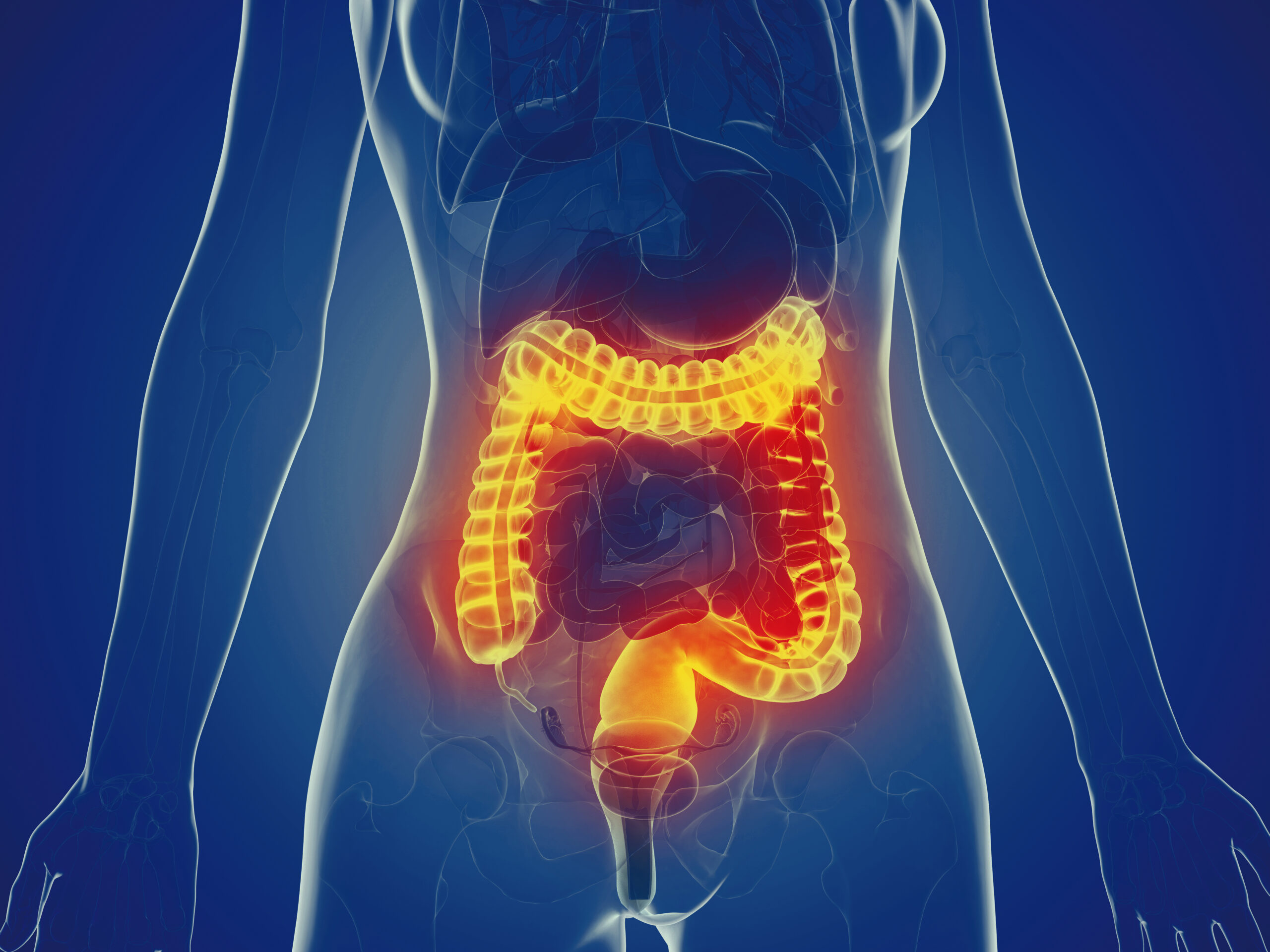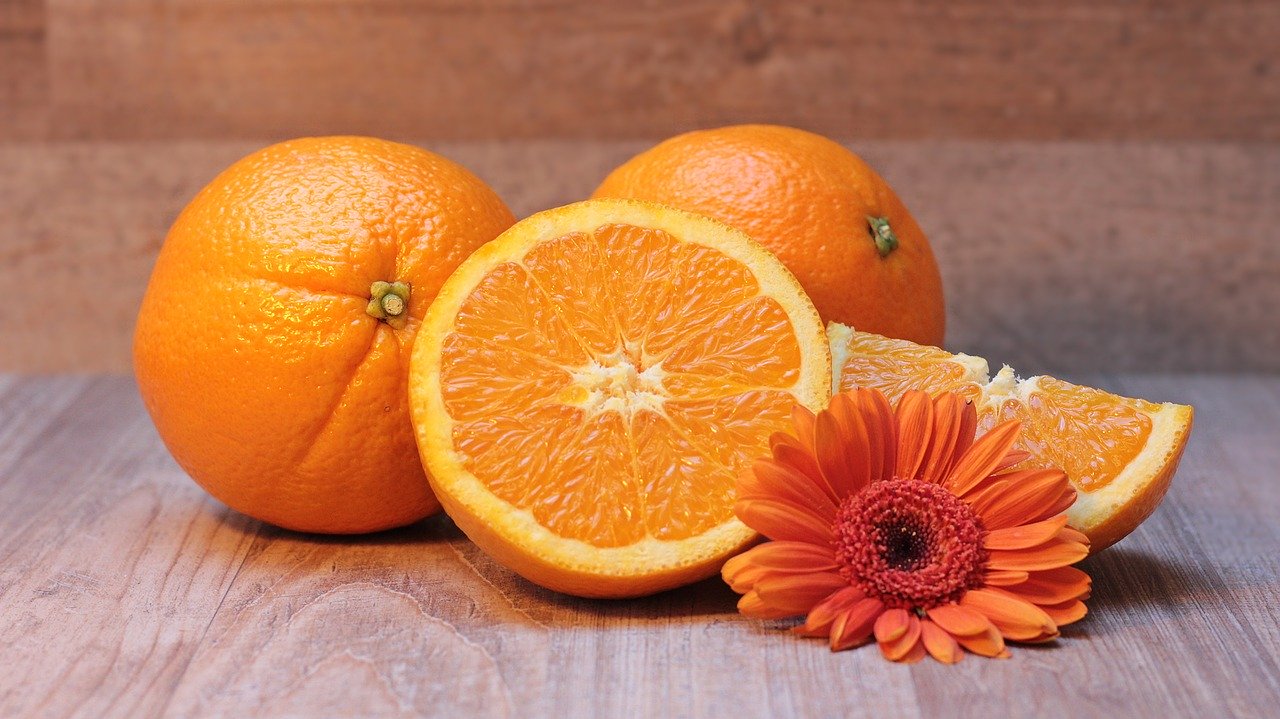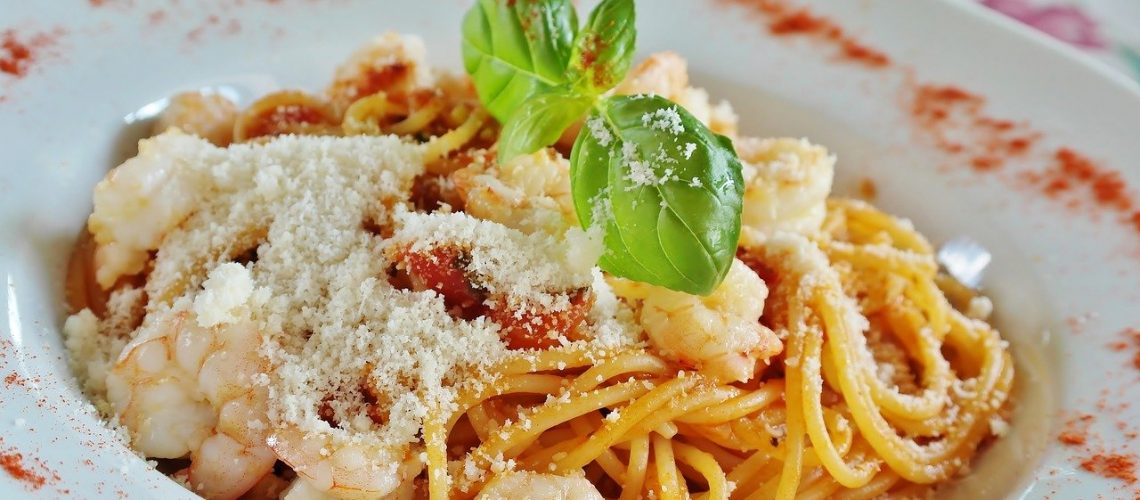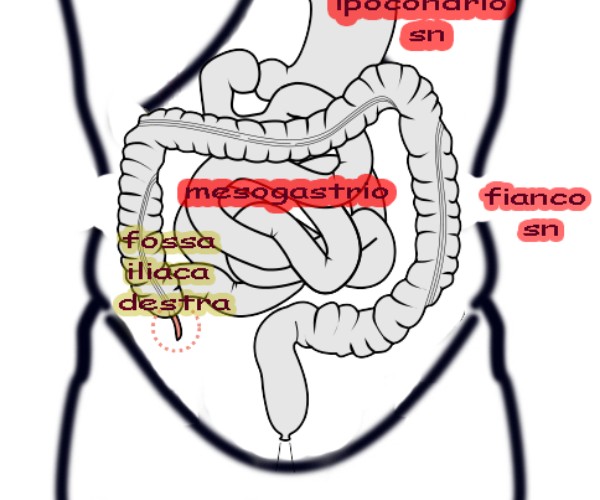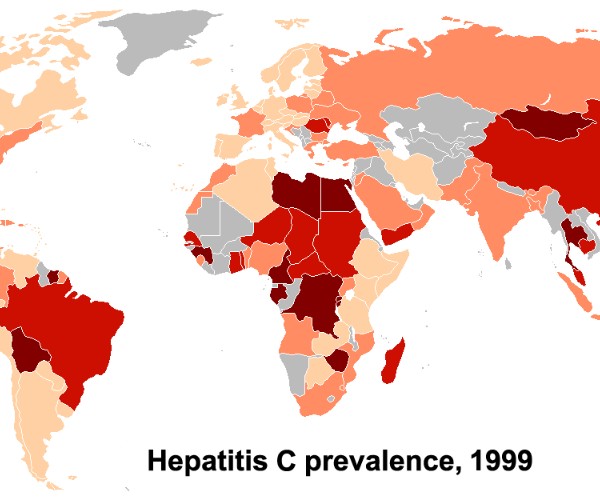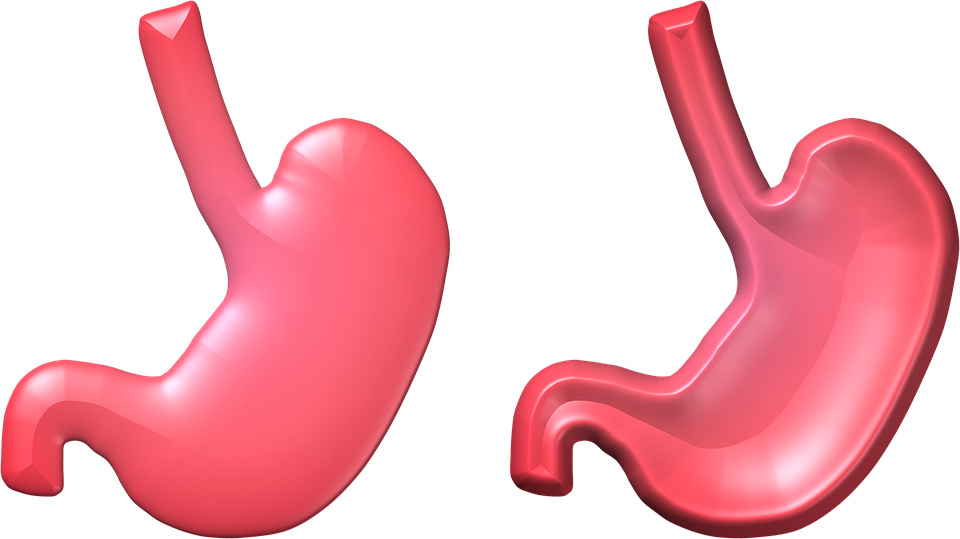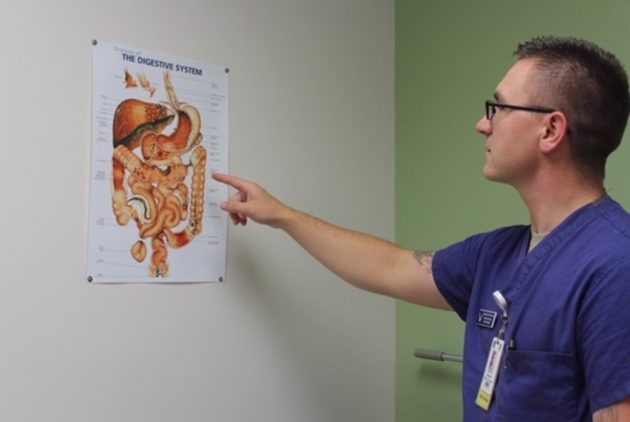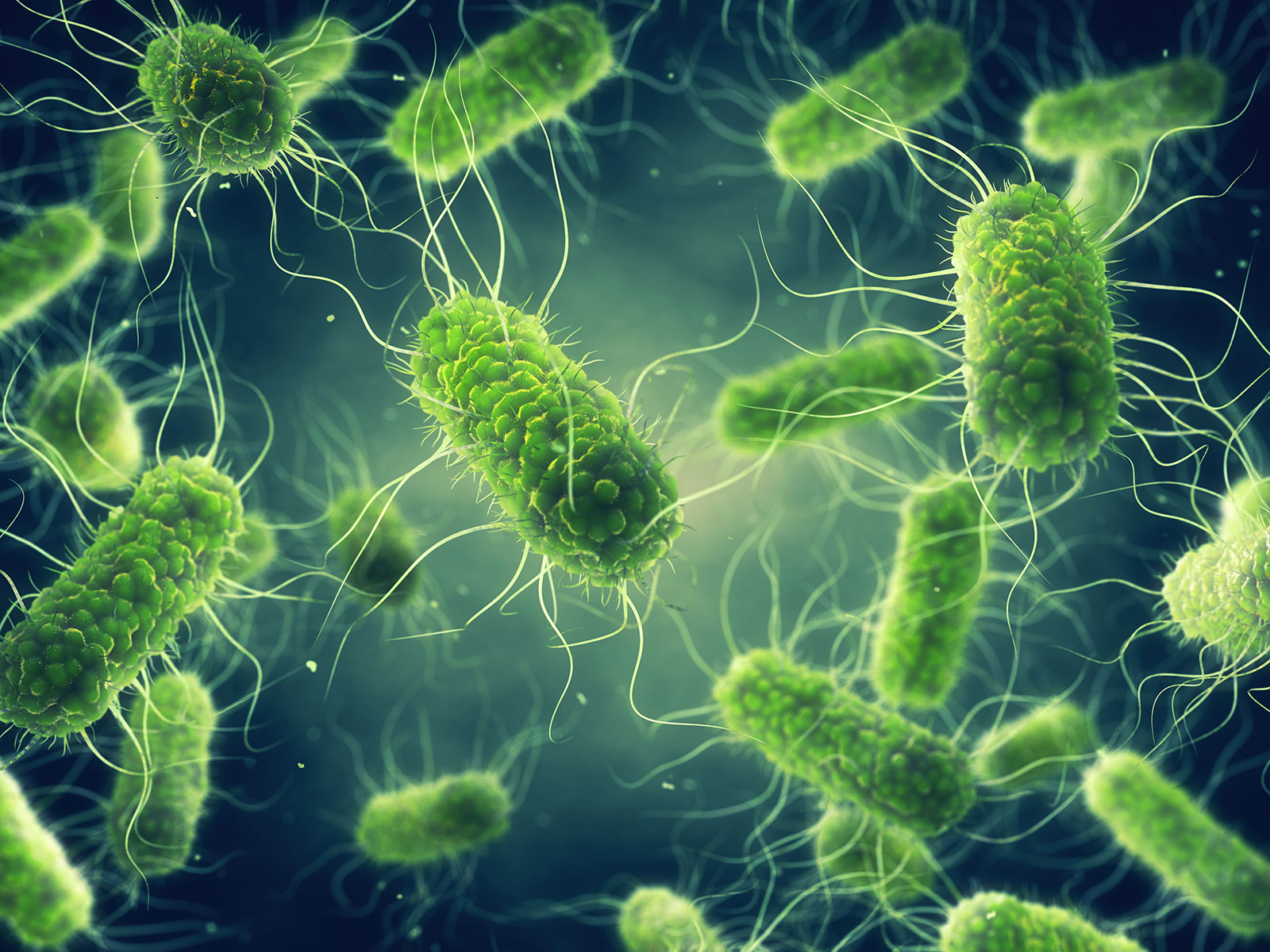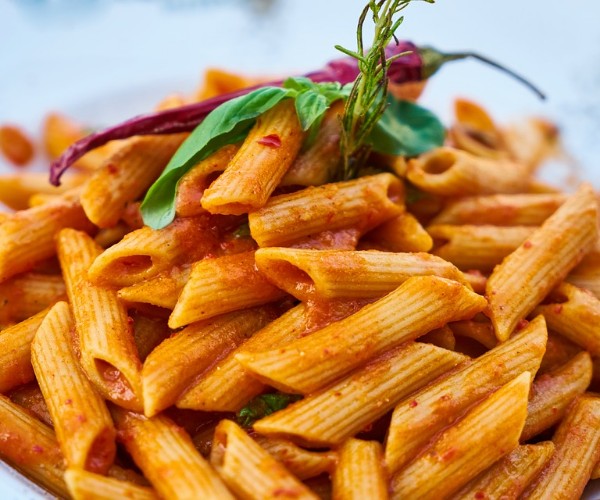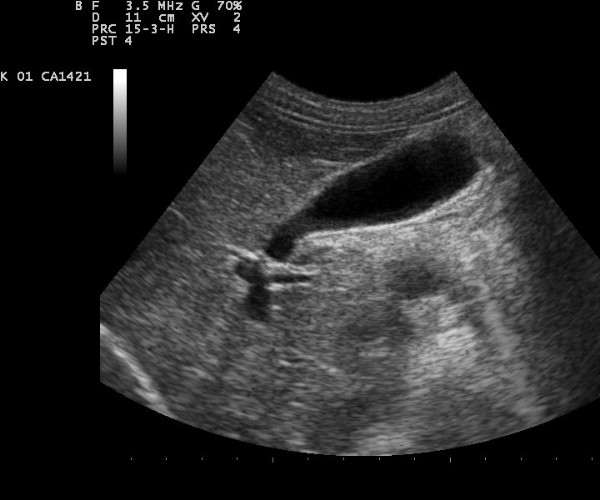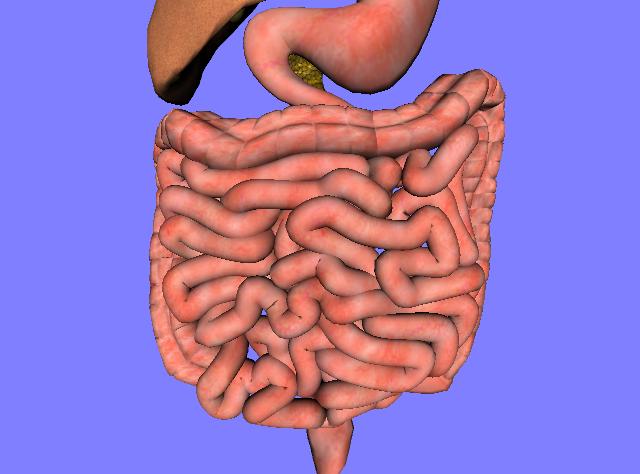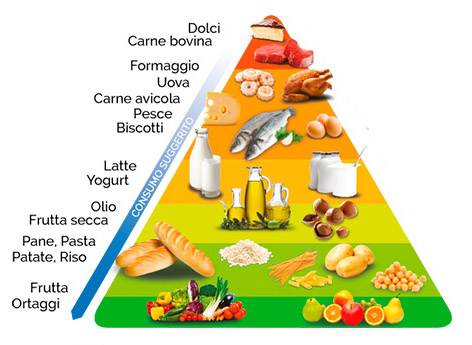Gluten is the No. 1 enemy for people with celiac disease and is difficult to avoid. Episodes of this chronic autoimmune disease can be triggered by ingestion of gluten, a key protein in wheat and some other grains. The researchers explored how gut bacteria, particularly bifidobacteria, could be used as a treatment. Scientists publishing the results of laboratory experiments in the ACS Journal of Agricultural and Food Chemistry also explain how specific types of bifidobacteria work.
Humans have many types of bacteria living in their digestive systems, but those with celiac disease have altered levels of “beneficial” bacteria and “harmful” gut bacteria. This implies that patients with celiac disease, even by sticking to a strict gluten-free diet, generally cannot reestablish an ideal gut microbiome on their own.
In particular, the levels of bacteria in the bifidobacteria family are lower in those patients with that condition than in healthy individuals.
These bacteria can cut gluten proteins into smaller fragments that are not as aggressive or harmful to patients, which led researchers to try using the microbes as probiotics to treat gastrointestinal diseases.
So Edson Rodrigues-Filho, Natália E. C. de Almeida and colleagues began to look at exactly how various strains of bifidobacteria break down gluten peptides and what effects these gluten-derived peptides would have, which are more reduced as far as immune response.
The researchers extracted gluten proteins from wheat flour and cultured four strains of the bifidobacteria family, either separately or in a large group. In an artificial intestinal environment, B. longum broke down gluten proteins into a higher number of fragments, compared with the other strains and the mixture of all four strains.
From there, the team analyzed cytotoxic and inflammatory responses to various peptides and found that those of the B. longum strain caused the least damage to intestinal cells in Petri dishes.
These results mark the first identification of specific peptides derived from gluten and generated directly from gluten proteins, which remained intact with respect to bifidobacteria activity and immunological responses by human cells . All of this for researchers will pave the way for new treatments and better outcomes for patients.
Source: American Chemical Society





